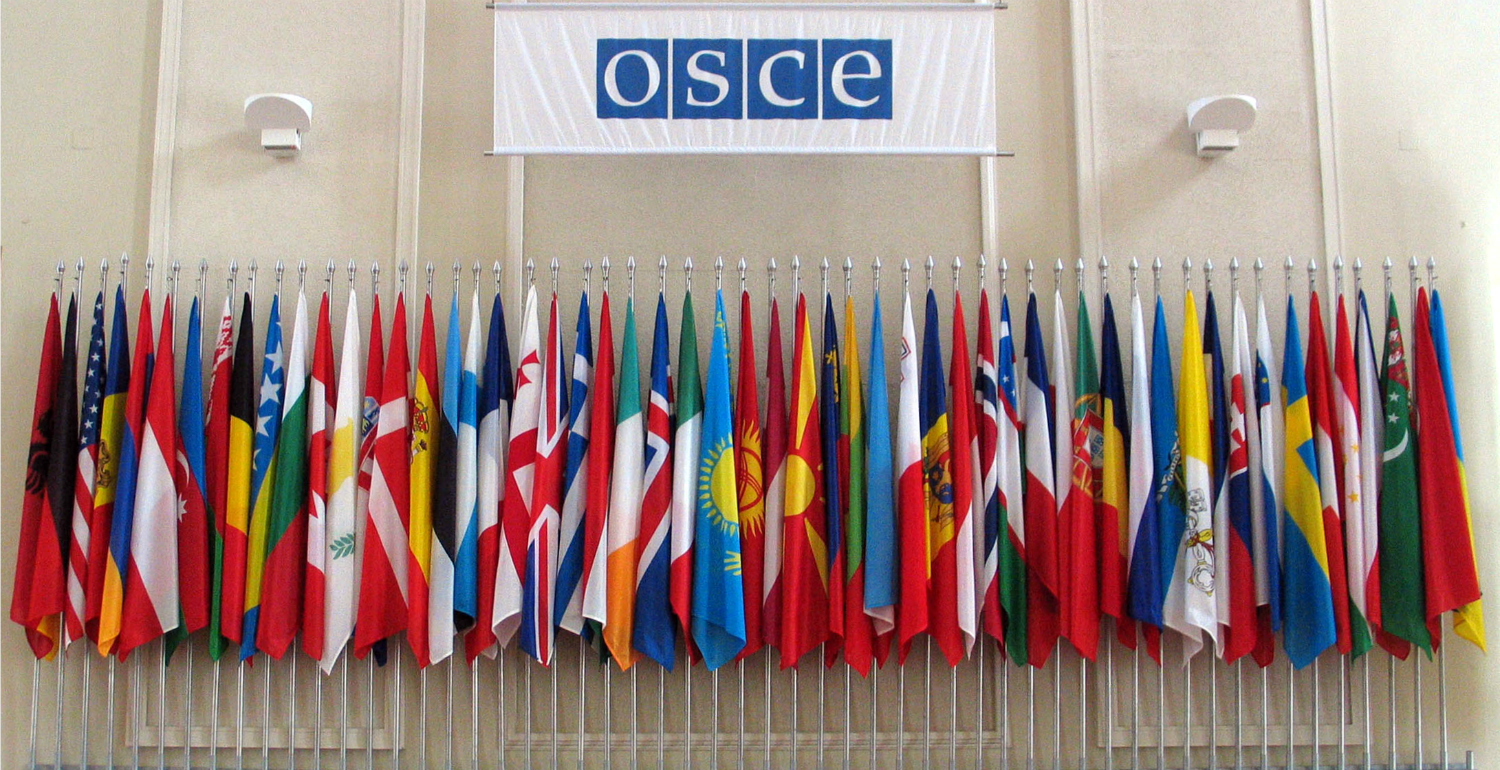The Helsinki Commission held a briefing on Holocaust education tools and law enforcement training programs undertaken by the Organization for Security and Cooperation in Europe. Co-Chairman Smith cited the vicious murder of Ilan Halimi as a reminder of the need to redouble efforts to combat anti-Semitism and to speak out when manifestations of related hatred occur. The briefing highlighted specific programs which promote awareness of the Holocaust and provide law enforcement professionals with the tools to investigate and prosecute hate-inspired crimes.
Paul Goldenberg, a Special Advisor to ODIHR who designed the law enforcement training program which assists police to recognize and respond to hate crimes, stressed that law enforcement professionals must be recognized as an integral part of the solution. Dr. Kathrin Meyer addressed the challenges presented by contemporary forms of anti-Semitism and highlights ways to address the subject in the classroom. Other witnesses – including Rabbi Andrew Baker, Director of International Jewish Affairs for the American Jewish Committee; Stacy Burdett, Associate Director of Government and National Affairs, Anti-Defamation League; and Liebe Geft, Director, Simon Wiesenthal Center’s Museum of Tolerance also presented testimony at this briefing.






